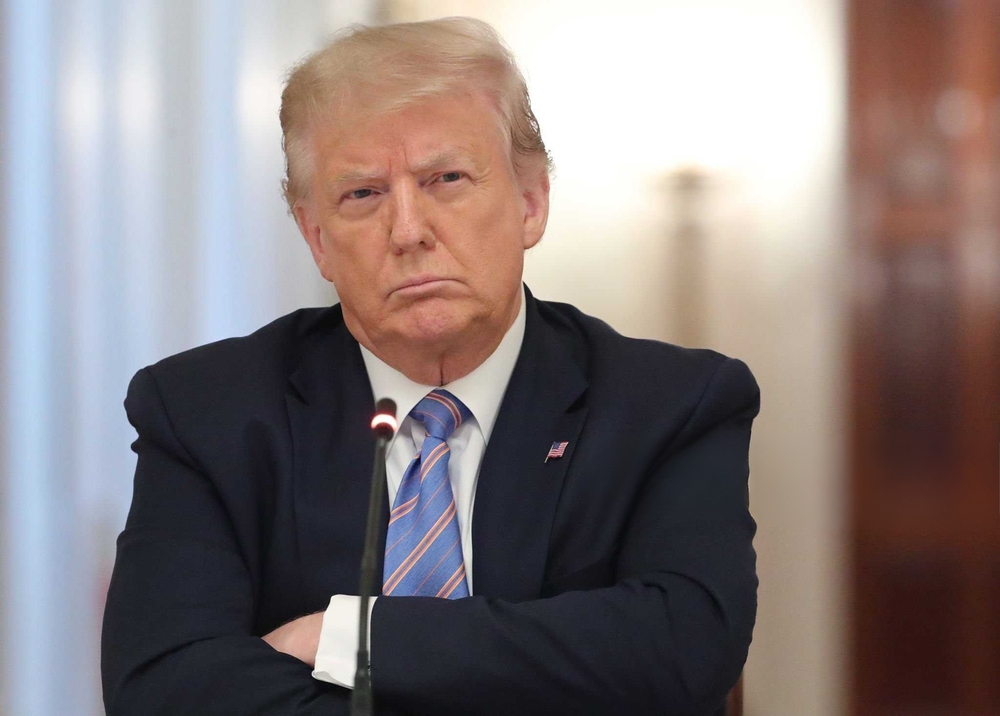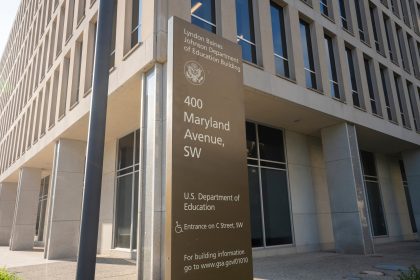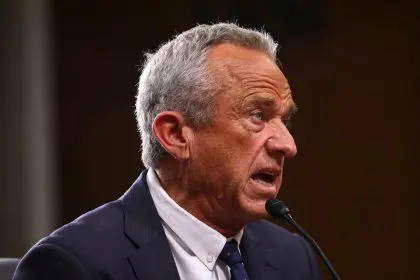The Trump administration has taken significant action against Harvard University by cutting off new federal research grants, a move that creates substantial implications for one of America’s most prestigious educational institutions. This development, announced by Education Secretary Linda McMahon, comes as the latest step in an escalating dispute between federal authorities and the university.
Secretary McMahon informed Harvard President Alan Garber through a letter dated May 5 that the university should no longer seek federal grants. The communication indicated that Harvard should function as a privately-funded institution and utilize its substantial endowment instead of relying on public funding. This directive makes clear the administration’s position that federal support should be contingent upon meeting certain expectations regarding campus policies and conduct.
Impact on university funding streams
The suspension specifically targets research grants rather than all federal funding. A senior Education Department official clarified this distinction, explaining that federal student financial aid programs remain unaffected by the new directive. This approach allows students to continue receiving government assistance for their education while restricting institutional research support.
This recent action follows an earlier move in April when the administration froze over $2 billion in federal research funding to Harvard. That initial funding pause prompted Harvard to file a lawsuit challenging the government’s actions. The university characterized the funding freeze as an inappropriate attempt to influence academic decision-making through financial pressure tactics.
The funding suspension represents a substantial financial challenge to Harvard’s research operations. Federal grants support numerous research initiatives across multiple disciplines at the university. While Harvard maintains a substantial endowment, federal research funding traditionally provides critical support for specific projects and programs that might now face uncertainty.
Background on the underlying conflict
The dispute between the Trump administration and Harvard centers primarily on the university’s diversity, equity and inclusion initiatives, commonly known as DEI programs. These institutional policies have become a focal point of disagreement between federal authorities and university leadership.
The administration has linked its funding decisions to what it describes as antisemitic incidents reported on Harvard’s campus. Officials claim these events necessitated federal intervention in the form of financial restrictions. This connection establishes the administration’s position that campus climate issues justify federal funding adjustments.
Harvard has previously expressed concerns about the implications of using federal funding as leverage against academic freedom and institutional autonomy. The university’s legal challenge to the earlier funding freeze demonstrates its position that such financial pressure represents an inappropriate form of governmental influence over academic operations and policies.
Mixed public reactions
The decision to suspend federal research grants has generated diverse responses from various stakeholders. Supporters of the administration’s action view it as a necessary accountability measure to ensure federal funds do not support environments where discrimination might occur. They argue that institutions receiving public funding must maintain appropriate campus climates.
Critics of the funding suspension characterize it as potentially harmful to academic freedom and institutional independence. They express concern that using federal funding as leverage creates a dangerous precedent that might restrict open discourse and academic exploration at universities nationwide. These perspectives reflect the fundamental tensions between governmental oversight and academic autonomy.
Higher education experts note that this funding suspension represents a significant shift in the relationship between federal agencies and research universities. The precedent established by this action could influence how other institutions approach both their policies and their relationships with federal funding sources in the future.
Awaiting Harvard’s response
As of the time of the funding suspension announcement, Harvard had not issued public comment on Secretary McMahon’s letter. The university’s leadership now faces decisions regarding how to respond to this latest development in their ongoing dispute with federal authorities.
Harvard’s previous legal action challenging the April funding freeze indicates the university’s willingness to contest what it views as inappropriate governmental intervention. Whether similar legal challenges will follow this latest directive remains to be determined as university officials evaluate their options.
The university must also consider practical responses to the funding restriction, potentially including internal financial adjustments to support research initiatives previously dependent on federal grants. Harvard‘s substantial endowment provides some financial flexibility, though redirecting these resources would require significant administrative decisions.
Broader implications for higher education
The suspension of Harvard’s federal research grants creates potential ramifications extending beyond this single institution. Other universities may now evaluate their own policies and positions knowing similar federal actions could affect their funding.
The dispute highlights fundamental questions about the appropriate relationship between federal funding agencies and educational institutions. It raises issues regarding the extent to which funding decisions should reflect governmental policy preferences versus merit-based research considerations.
This conflict between the Trump administration and Harvard represents a significant moment in the ongoing debate over governmental influence in higher education. The resolution of this dispute will likely establish important precedents regarding federal funding, institutional independence, and the balance between accountability and autonomy in America’s university system.
The situation continues to develop as both Harvard and federal officials determine their next steps. Educational institutions nationwide will likely monitor this conflict closely as they consider the potential implications for their own federal funding relationships and institutional policies.















